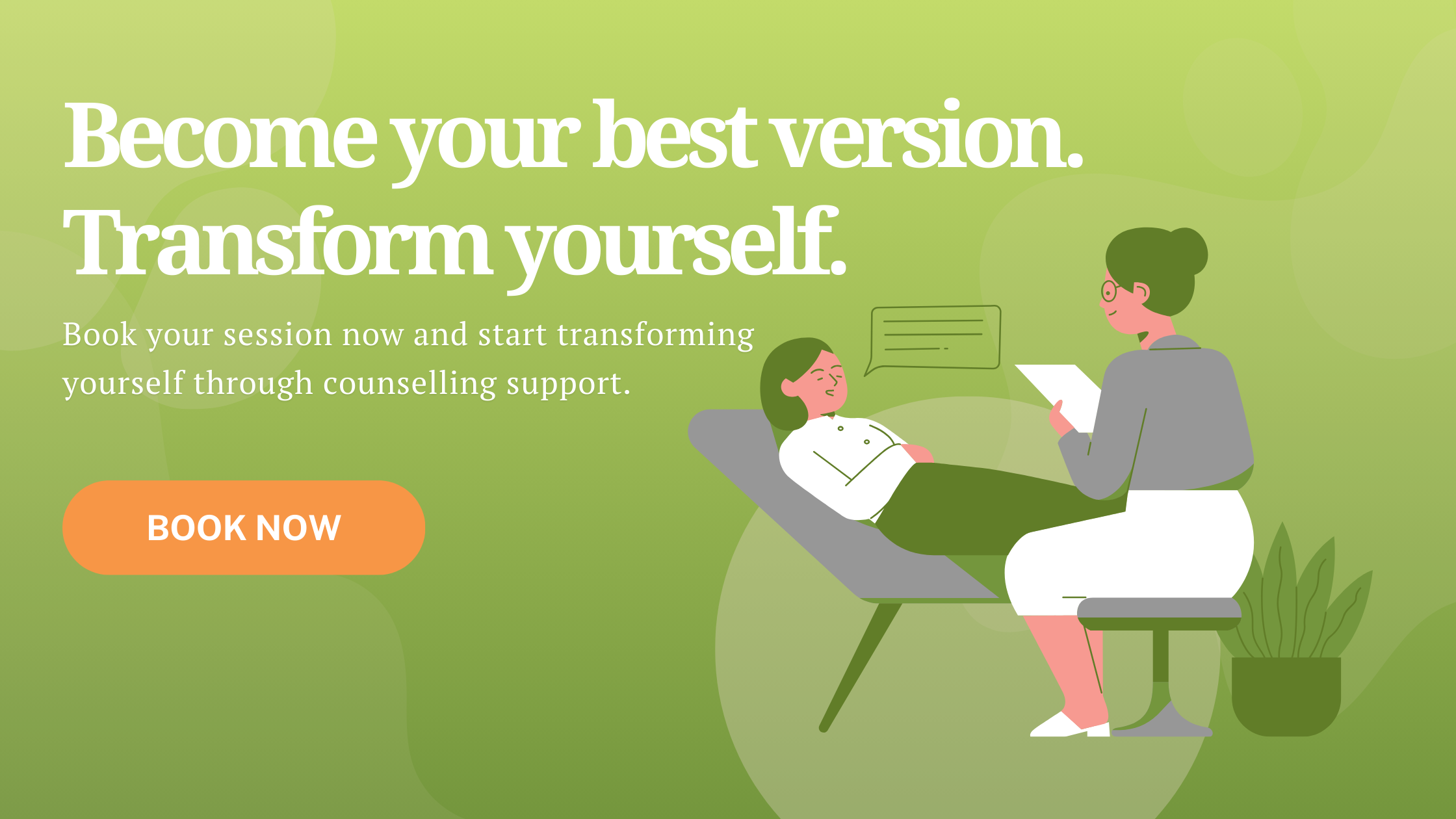
January is the month of new beginnings, new decisions, and new choices. For many, the month of January, looking from the distance of December feels like it’s going to be a fresh start, a blank page that will be filled with great choices we missed to make in the previous year. This time is going to be different. Right? But, with the year 2020 unfolding, it’s not uncommon for people to struggle to keep up with their New Year’s resolutions. Somewhere along the way, they realize that sticking to their decisions is too difficult, or that those goals are not that important, or that “they just don’t feel like it”. What happens?
That strong urge for change that pushed us to make New Year’s resolutions – called motivation – faded away. This is not surprising – keeping high levels of motivation, in the long run, is tricky. Knowing a little bit more about how motivation works might help you achieve and keep your resolutions.
A Closer Look Into the Nature of Motivation
There are different definitions of motivation out there, but the majority boils down to this:
Motivation is a desire to act in pursuit of your goals. It pushes you to act, to behave in a certain way to get what you want or need.
You certainly felt this drive before, this urge to move and take action. It felt awesome, it pushed you toward reaching your goals, and you felt energized and willing to engage – yes, in short, you felt motivated. However, motivation is not easy to maintain. That initial spark fades away after some time and is, typically, not enough. That’s because motivation consists of three components:
- Activation – the initial decision to make things happen
- Persistence – the continued effort toward a goal despite the obstacles
- Intensity – how hard you work for your goal
Further, there are two types of motivation:
Extrinsic motivation comes from an external source – to get a reward or to avoid punishment.
Intrinsic motivation comes from the inside, from within us – we do something because we enjoy it.
Both types of motivation are important. However, it turns out that intrinsic motivation is more powerful.
What does this mean for you? Only knowing that something is good for you is not enough to push you to make a change; a considerable reward has to be in play. This can be something external, like social recognition, money, or approval for example, or internal, like a sense of purpose or the feeling of deep fulfillment that comes from acting following your core values. Ideally, both should be present, but even one can be enough to push you forward through all three above-mentioned components of motivation.
Staying Motivated Throughout the Year – Action Plan
In terms of New Year’s resolutions, if you want them to stick, the first crucial step is to turn them from a wish/decision to a goal. But it’s not just any goal; to keep you motivated, your goal needs to be a certain way to enhance the energy you need to get to the destination:
- Optimally challenging – meaning you need to put the effort in, but it’s realistic and not too hard,
- Specific – meaning your energy is directed toward a particular outcome,
- Congruent with self – meaning your goal is in line with your values.
Once you have that set, you’ve established a strong foundation for working up toward the goal. Even if you slip up, it will be easier to bounce back from there.
Additionally, here are 4 additional hacks that can help you get and stay motivated throughout the year:
1. Find your why
Nothing drives us like a strong feeling of purpose. The question of WHY we do something is crucial, and if the answer is in line with our values, it is a huge push forward. To find out what your core values are requires tapping into your deepest self and asking: “What kind of life do I want to live?“. If you can connect your work and goals to your core values, it becomes a powerful source of motivation.
2. Focus on who you want to become
People interpret situations and difficulties following how they perceive themselves and choose actions that feel congruent with their identity. For example, if someone believes that they’re a “loser”, sometimes they will choose actions that will reinforce this belief, and not choose actions that are incongruent with this picture of themselves because “it’s not for people like me”.
Thus, for increasing motivation, it can be more effective to focus on the identity – who you want to become – than on the ability – what you want to achieve. If you want to, for example, start going to the gym more often, the reason: “Because I’m (becoming) an athlete/healthy/good looking person” might be more motivating than: “Because I need to exercise more/have a healthier lifestyle”.
3. Set small milestones
Sometimes, setting a goal can feel intimidating because it looks too big to achieve. A crucial thing to not crush your motivation down is to divide large tasks into small, manageable parts, and do one at a time. Your brain will get a hit of dopamine every time you tick one small task off of a list, which will keep you motivated.
4. “CHOOSE” instead of “MUST”
A slight shift in the language can make big changes in the mindset. Sometimes the things we’re not motivated to do and see as a chore are, if we stop and think about it, the things that we are grateful for. “I have to go to work” and “I get to go to work” sound very different, don’t they?
And don’t forget – motivation is not a one-time thing. It has to be reinforced day after day. As Zig Ziglar wisely said: “People often say that motivation doesn’t last. Well, neither does bathing – that’s why we recommend it daily.”
How do you keep yourself motivated? Share it with us in the comments. Additionally, if you like this post, please feel free to share it with your friends and family.
Happy New Beginnings!
Armstrong, M., & Taylor, S. (2020). Armstrong’s handbook of human resource management practice. Kogan Page Publishers.
Hockenbury, D. H., & Hockenbury, S. E. (2010). Discovering psychology. Macmillan.



